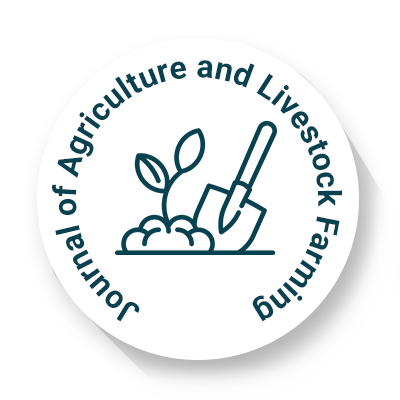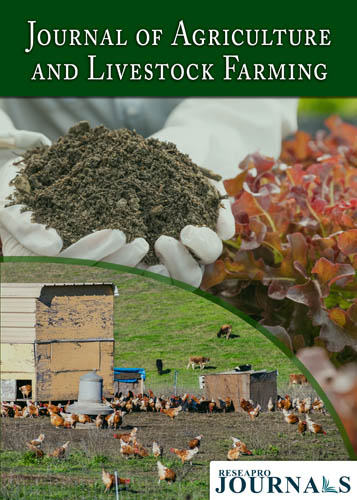
Journal of Agriculture and Livestock Farming
OPEN ACCESS

OPEN ACCESS

1Department of Agricultural Economics and Agribusiness, Haramaya University, Ethiopia
2Department of Agriculture, University of the Gambia, Gambia
3Department of Environmental Engineering, Copperbelt University, Zambia
This paper reviews the scope, objectives, and implementation of the previous Ethiopian Government’s policies on agriculture, with special consideration given to the policy elements of the Irrigation policy subsector. The country started using traditional irrigation techniques for an extended period, but this did not result in major changes in farming households or national income contributions. This is because the policy implementation still faces several obstacles and challenges that prevent it from producing the desired results, including lack of electrification, inadequate infrastructure development, lack of private investment and financial resources, political unrest, and economic constraints. In the meantime, the Ethiopian government prioritized the development of irrigated wheat to achieve food self-sufficiency and minimize food imports from other countries. To attain food self-sufficiency and decrease the need for foreign food aid, this document, therefore, sends a message to all stakeholders: it is their obligation to invest in agriculture and correctly implement the country\'s irrigation strategy.
Received 18 December 2023; Revised 8 January 2024; Accepted 16 January 2024
1Department of Agricultural Economics and Agribusiness, Haramaya University, Ethiopia
2Department of Agriculture, University of the Gambia, Gambia
3Department of Environmental Engineering, Copperbelt University, Zambia